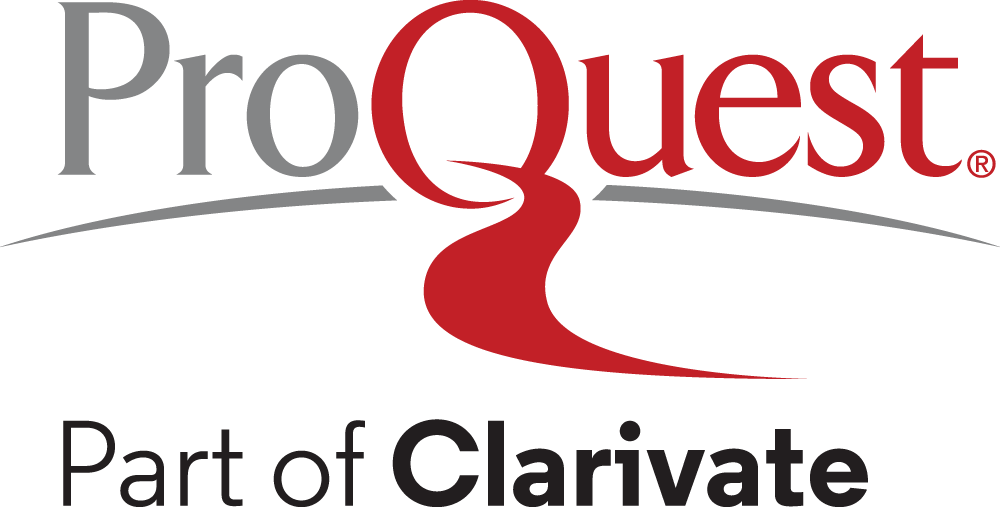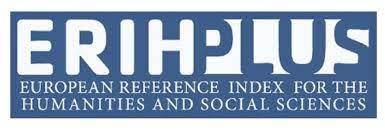THE EARLY CHRISTIAN THEOLOGY OF PERSONHOOD
DOI:
https://doi.org/10.52340/jd.2022.05.01Keywords:
Personhood, Free Will, Gift of God, Grace, Eucharistic SelfAbstract
The notion of personhood has become increasingly dominating modern theological discourse from the nineteenth century onwards.
However, it has also become an object of critique by the historians of theology as we cannot find any kind of developed concept of personhood in the early Christian sources. So it was dismissed as a projection of our modern cultural concerns on the historical texts of the Church fathers. Although this critique does justice to the historical distance between our culture and the culture of late antiquity, this article attempts to demonstrate the presence of the theological vision of the human being as embodying individual free will as a gift of God. Certainly, the notion of free will was not a Christian invention as it had a long philosophical tradition in the ancient world beginning from Plato and Aristotle to the Stoics and Plotinus. However, the early Christian theologians were the
ones who gave to the notion of markedly universal character, insofar as free will was not considered by them to be a matter of ascetic cultivation solely available to those trained in philosophy. Yet its theological provenance also shaped its structure in a paradoxical way: being the gift of God human freedom appears to depend on God, but this condition does not impose limitations on it but, on the contrary, enables it. The awareness of one’s freedom as a gift of the Other leads toward the formation of what might be designated as a “eucharistic self“. The exploration of the broad implications of this concept can open new avenues for
envisioning society without conflict arising from competition between individuals and also help us find solutions to the ecological crisis
Downloads
Downloads
Published
How to Cite
Issue
Section
License
Copyright (c) 2023 Zurab Jashi

This work is licensed under a Creative Commons Attribution-ShareAlike 4.0 International License.









